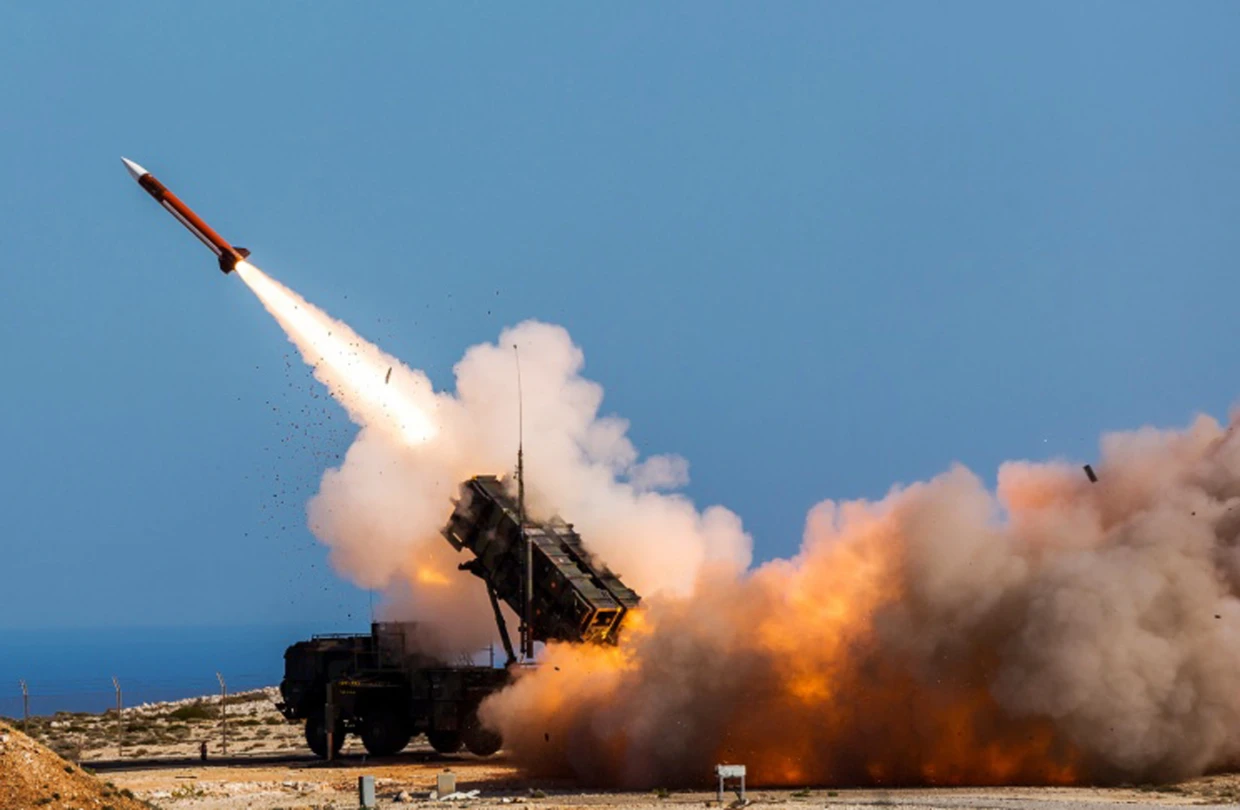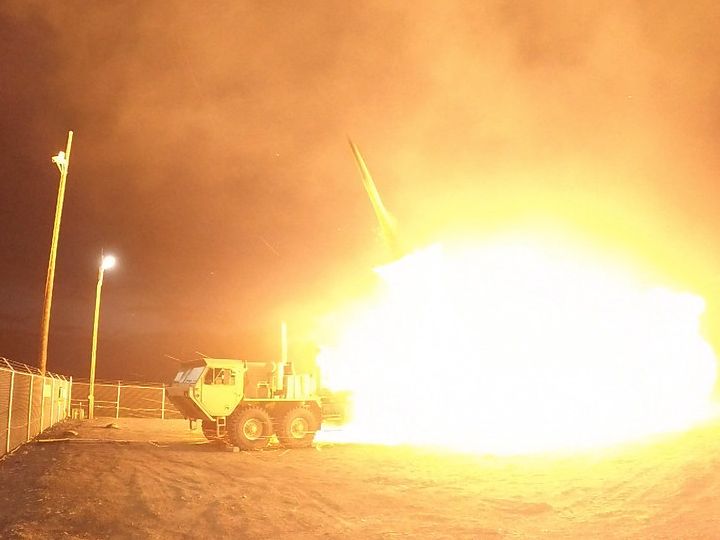
Artificial Intelligence & Defense. What is at stake
Abstract
Artificial intelligence is currently a “hot topic” in defense matters. This new technology simultaneously creates fears and sets high expectations. Despite the large amount of literature written about AI and defense, it is difficult to distinguish its true impacts and estimate when they could occur. This policy paper aims to provide a comprehensive assessment, which goes beyond prejudices and misunderstandings. It underlines how AI constitutes a general-purpose technology with huge potential that could turn defense and warfare upside down. However, we must keep in mind its advantages and limits while considering its growth potential on different time scales. In addition, the military adoption of AI-based systems should not be considered a
guarantee. The integration of technology is a complex process that ultimately affects how AI would change the art of war.
About the Author
Renaud Bellais is an associate researcher in economics at ENSTA Bretagne and at CESICE, Université Grenoble Alpes. He graduated from Institut d'Études Politiques de Lille (1994), PhD in economics from Université du Littoral (1998) and accredited research director from Université Grenoble-Alpes (2004). After being lecturer at Université du Littoral, he worked at the French defense procurement agency (DGA) before joining EADS, now Airbus, and MBDA since 2017. He has teaching commitments in universities and military academies.
After decades of ups and downs, the so-called “AI winters”, AI has clearly made progress in recent years because three major obstacles have been overcome since the early 2010s: high-performing computational power, massive databases, and improved algorithms associated with machine learning
À lire également

The silent masters of the oceans: the strategic and non-proliferation implications of nuclear-powered submarines in Australia and Brazil
At the International Atomic Energy Agency (IAEA) General Conference in 2022, Director General Rafael Grossi emphasizes that “the world of nuclear proliferation and safeguards is changing,” and that this change creates important technical and political challenges. The announcement of the AUKUS agreement and the progress of Brazil’s nuclear-powered submarine program reflect regional geopolitical realignments. Internationally, the IAEA safeguards system is challenged by these developments insofar as they entail risks of nuclear proliferation. How does the acquisition of nuclear-powered submarines impact both the regional and international strategic balance and nuclear non-proliferation norms? The purpose of this research note is to analyze the geopolitical motivations of nuclear-powered submarine programs in Australia and Brazil and their implications for nonproliferation instruments.
𝐉𝐚𝐧𝐮𝐚𝐫𝐲 𝟐𝟎𝟐𝟑

High strategic capabilities and defensive military assistance in the Ukraine war: the double threshold dilemma
One of the major elements of the Russian-Ukrainian confrontation is of course its potential nuclear nature. This dimension encourages the Biden administration not to let the war in Ukraine degenerate into a major conflict that would directly oppose Americans and Russians. This limit makes the problem of Western co-belligerence a key element in the political-military equation of the conflict. Taking this context into account, this note relates the tactical-operational “threshold” related to this arms supply to a second threshold of a politico-strategic nature, which in turn is influenced by the phenomenon of the interconnection of high strategic capabilities, and which opens up the delicate concept of multi-domain deterrence.
𝐉𝐚𝐧𝐮𝐚𝐫𝐲 𝟐𝟎𝟐𝟑



